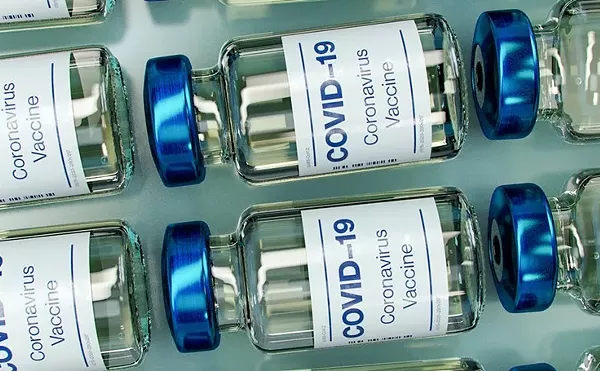House Bill 2, the deeply controversial anti-abortion law passed by the Texas Legislature in 2013, still isn't fully effective. The U.S. Supreme Court has stayed perhaps the most onerous provision of the law, the one that essentially requires any facility performing abortions to be a mini-hospital, until it decides whether it will take up HB 2's constitutionality during the court's next term. If the Supreme Court does not step in, about 10 abortion providers will remain open statewide. As things stand now, 18 abortion providers remain open in Texas, fewer than half of the 41 clinics that provided abortion services before April 2013.
During the summer of 2014, a group led by researchers at the University of Texas' Texas Policy Evaluation Project released some of the first findings of the effects of HB 2 on Texas women seeking abortion services. The researchers, led by Dr. Daniel Grossman, found that instances of abortion had decreased by about 13 percent, despite about half of the state's clinics having already closed because HB 2 required that any abortion provider also have admitting privileges at a nearby hospital. Grossman and his team also found that about 22 percent of abortions were being performed at clinics certified as ambulatory surgical centers (the mini-hospitals referenced earlier). Grossman worried about the effects on access when 100 percent of abortions had to be provided at ASCs.
"We were tracking in this study the percent of all abortions that were currently being done in ASCs and that number has stayed pretty constant at around 22 percent," Grossman said. "Come September [2014, the date the ASC provision was initially scheduled to kick in], when all of the other clinics disappear they're going to have to go from providing 22 percent of the abortions to providing a hundred percent of the abortions."
Monday, a group of TPEP researchers, again led by Grossman, released a set of new findings that show what the cost of the ASC requirement will be, should the requirement survive the current court challenge. Grossman set out to investigate potentially increased wait times for women seeking abortions following the partial implementation of Texas' new abortion laws. In doing so, he and the research team were able to look at abortions provided in DFW both before and after June 2015. That's important because Dallas' Routh Street Women's Clinic closed in June, allowing the monitoring of what happened after the 350-500 abortions a month provided by the clinic were shunted elsewhere.
As one might expect, the data show that when an abortion provider is taken out of an area, wait times for abortions go up. Before the clinic closed, DFW women seeking an abortion faced a stable wait time of less than five days. Following its closure, the July 2015 average wait time was 20 days. That's important, because longer wait time before abortions mean that women are forced to wait deeper into a pregnancy, often until the second trimester, to get the procedure. That's not good for women's health, the thing the state of Texas has vehemently said HB 2 is meant to protect.
“The increase in second-trimester abortion is concerning from a public health perspective, since later abortions, although very safe, are associated with a higher risk of complications compared to early abortions. Later abortion procedures are also significantly more costly to women," Grossman said in announcing the new research Monday.
TPEP's study estimates that if abortion wait times extended to 20 days around the state, which is possible should more clinics close, nearly 20 percent of all abortions might occur during the second trimester. In 2013, 10.5 percent of abortions occurred during the second trimester.

Audio By Carbonatix
[
{
"name": "GPT - Billboard - Slot Inline - Content - Labeled - No Desktop",
"component": "21721571",
"insertPoint": "2",
"requiredCountToDisplay": "2"
},{
"name": "STN Player - Float - Mobile Only ",
"component": "21861991",
"insertPoint": "2",
"requiredCountToDisplay": "2"
},{
"name": "Editor Picks",
"component": "17105533",
"insertPoint": "4",
"requiredCountToDisplay": "1"
},{
"name": "Inline Links",
"component": "18349797",
"insertPoint": "8th",
"startingPoint": 8,
"requiredCountToDisplay": "7",
"maxInsertions": 25
},{
"name": "GPT - 2x Rectangles Desktop, Tower on Mobile - Labeled",
"component": "22608066",
"insertPoint": "8th",
"startingPoint": 8,
"requiredCountToDisplay": "7",
"maxInsertions": 25
},{
"name": "Inline Links",
"component": "18349797",
"insertPoint": "8th",
"startingPoint": 12,
"requiredCountToDisplay": "11",
"maxInsertions": 25
},{
"name": "GPT - Leaderboard to Tower - Slot Auto-select - Labeled",
"component": "17357520",
"insertPoint": "8th",
"startingPoint": 12,
"requiredCountToDisplay": "11",
"maxInsertions": 25
}
]











